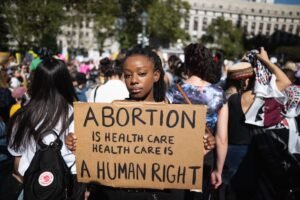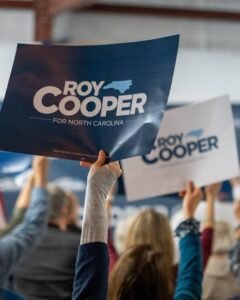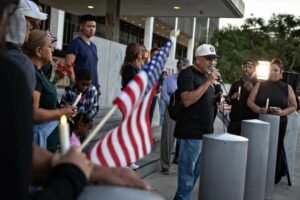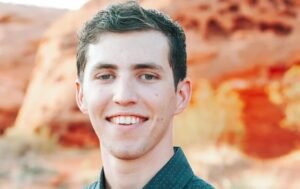Mayor Leonardo Williams emphasized the critical role of community involvement in addressing the rise in gun violence during a press conference on Wednesday. His remarks followed a troubling stretch of violence that saw eight people shot in the city since Saturday.
“As parents in our community, you have to make sure your child is involved,” Williams stated. “At some point, something in our community led them down the wrong path. What we’re trying to do is provide options to keep them on the right path.”
One of the highlighted initiatives is Planning Our Own Future and Planning Our Own Funeral (POOF), an entrepreneurial program aimed at providing youth with constructive alternatives to crime and violence. The program is part of a larger network of grassroots efforts working to combat the root causes of gun violence.
Community-Led Initiatives in Focus
Among POOF’s collaborators is Derick Cagle, founder of Youth Group Barbershop Talk, which offers a safe space for young men to not only receive haircuts but also discuss critical issues such as drugs, gun violence, and peer pressure.
“Most of them are dealing with things you don’t know anything about,” Cagle explained. He described moments during discussions when he was left “speechless” by the stories shared by the youth.
Cagle has been holding bi-weekly sessions with POOF for the past six months. These sessions include role-playing scenarios designed to teach decision-making skills. For example, one exercise challenges participants to think through how they would remove themselves from a situation where peers are planning to commit a crime.
Recognizing the importance of early intervention, Cagle recently expanded his outreach to include boys under the age of 13, reflecting his belief that preventative measures must begin early. He has also committed to tackling gun violence in an upcoming December discussion.
Another key figure in POOF is Alyssa Tatum, who leads bi-weekly Bible studies for participants. These sessions provide a platform for discussing scripture, life challenges, and creative expression through poetry. Tatum emphasized the importance of spiritual guidance, particularly for youth who struggle with loneliness and a lack of direction.
“Spirituality is a strong part,” Tatum noted. “I feel like people need that, especially young people.”
A Broader Ecosystem of Support
Mayor Williams also highlighted additional organizations partnering with the city to guide at-risk youth, including Project 300, Thomas Mentor Leadership Academy, and the Emily K Center. These organizations focus on leadership development, education, and mentorship to equip young people with tools for success.
The city has committed to supporting and expanding the reach of such programs. Williams expressed a desire to increase investment in these initiatives, reinforcing his administration’s focus on addressing the systemic factors contributing to youth involvement in violence.
A Growing Crisis
The recent spike in gun violence is part of a broader trend affecting urban areas nationwide. Data from the Gun Violence Archive reveals that Durham has seen a significant increase in shootings over the past two years, reflecting a nationwide surge in gun-related incidents.
Experts point to a range of factors fueling the crisis, including economic instability, the impact of the COVID-19 pandemic, and a lack of resources for youth. According to the Centers for Disease Control and Prevention, gun violence is now the leading cause of death for individuals under 18 in the U.S., underscoring the urgency of intervention programs like those in Durham.
Looking Ahead
Programs like POOF and others championed by community leaders are seen as critical to reversing these trends. By fostering safe spaces, encouraging spiritual growth, and providing education and mentorship, these initiatives aim to offer youth viable alternatives to paths that may lead to violence.
“We are working to change the narrative,” said Cagle. “One thing our organization offers is an opportunity to change the situation.”
As Durham continues to grapple with the challenges of gun violence, city leaders and community organizations are doubling down on their efforts, recognizing that the solution lies not only in enforcement but in proactive, community-driven support systems.












